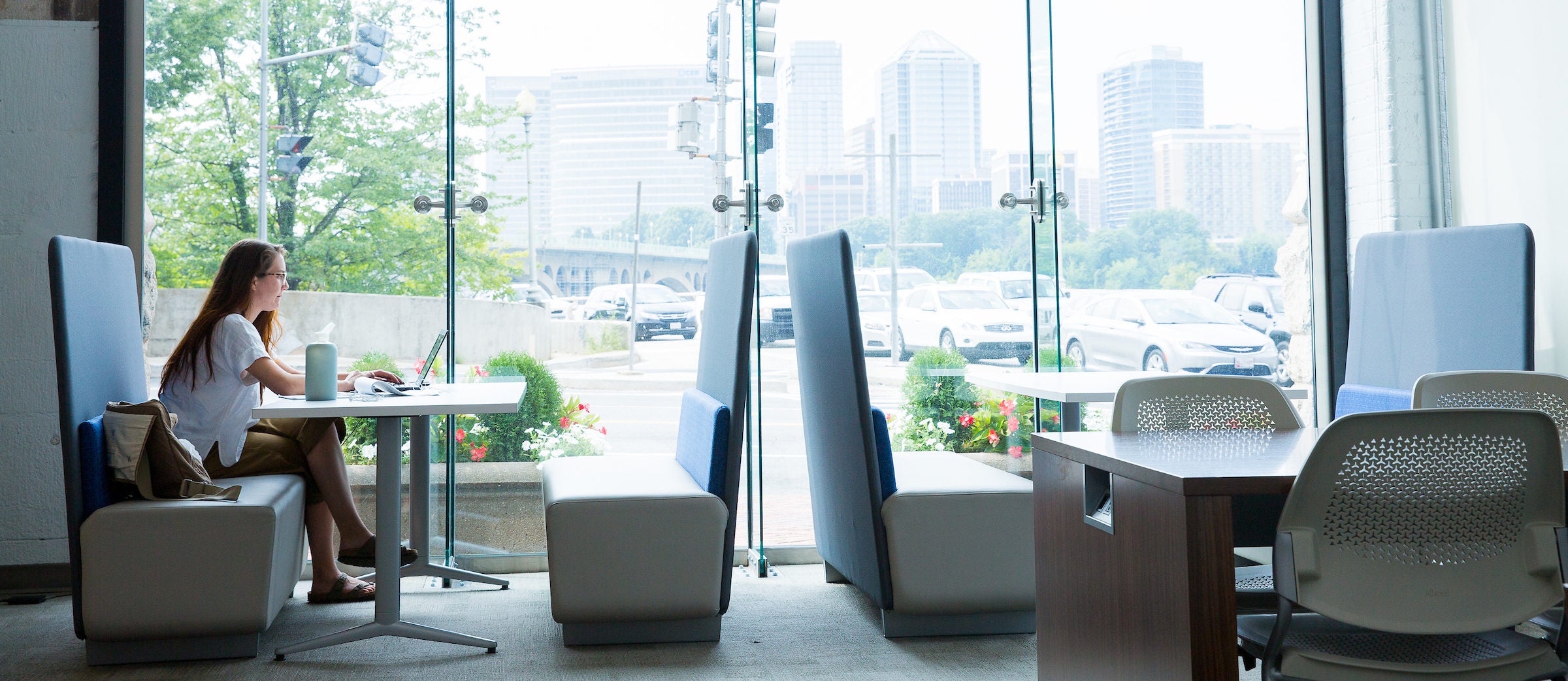Understanding your users
In this step in the content process, you’ll build empathy for your users by trying to understand how they interact with you...

WordPress at Georgetown
In this step in the content process, you’ll build empathy for your users by trying to understand how they interact with you...
Learn how to use basic features of WordPress, like creating posts and pages, adding links, embedding images, and creating links.
Introduction to WordPress training is available in our online Canvas course! You can directly enroll in the course and get st...
UIS Web Services develops user-centered, accessible, and sustainable web products and services that help our partners in the Georgetown community achieve their academic and communications goals.
Take advantage of an easy-to-use interface with simplified editing features to create websites for your department or unit. No HTML knowledge required! There are a variety of basic and advanced blocks to make creating and editing a snap.
Included in the system is access to Google Analytics, and the ability to update your contact information and links in the global footer. And with advanced role specifications, you can set up a workflow that’s just right for you and your team.